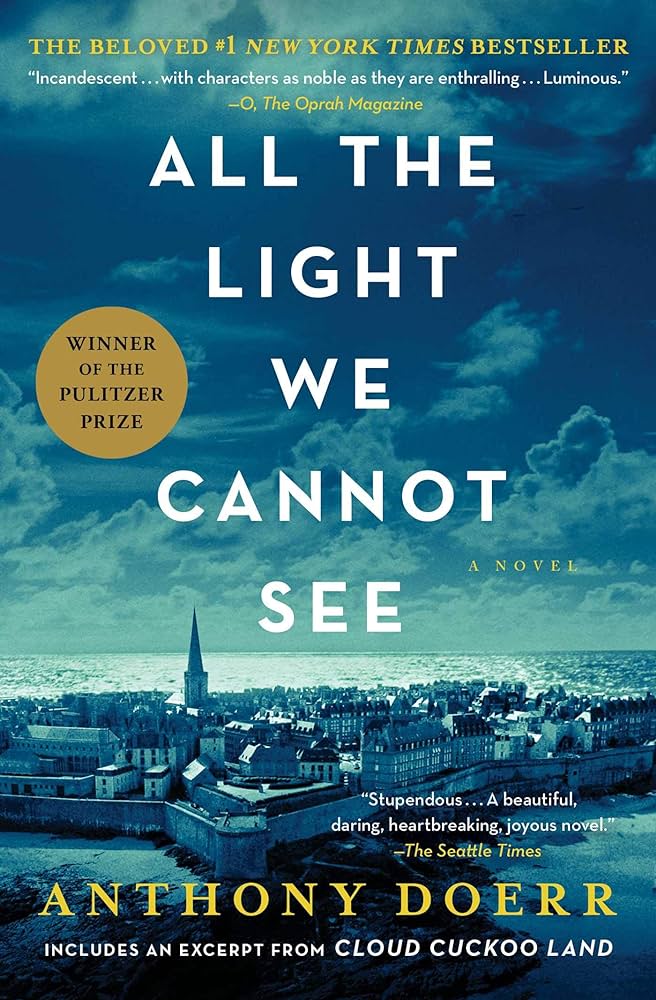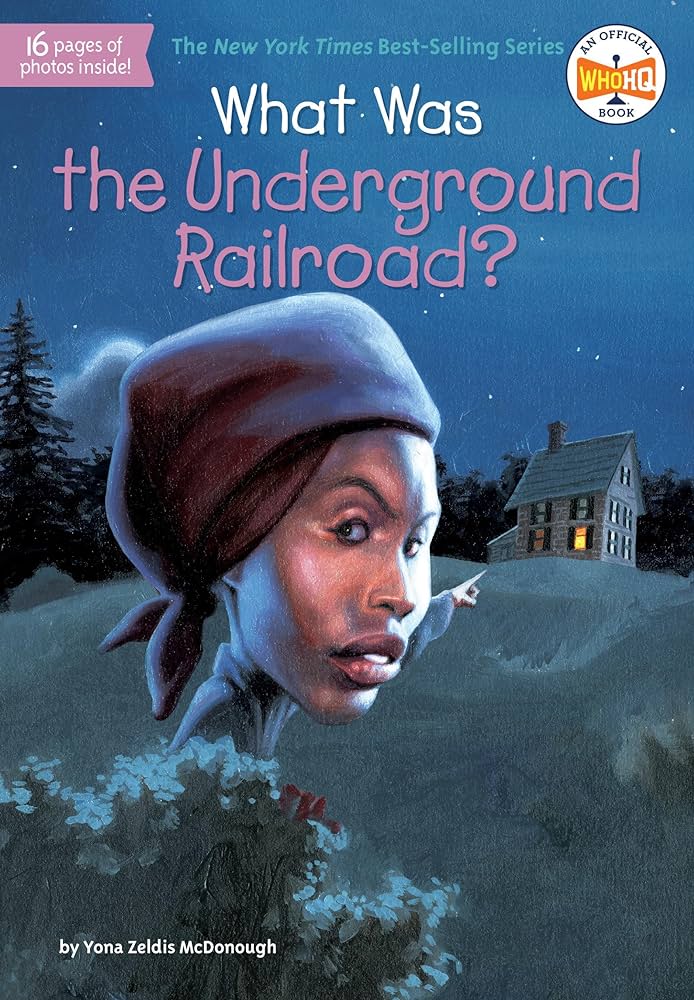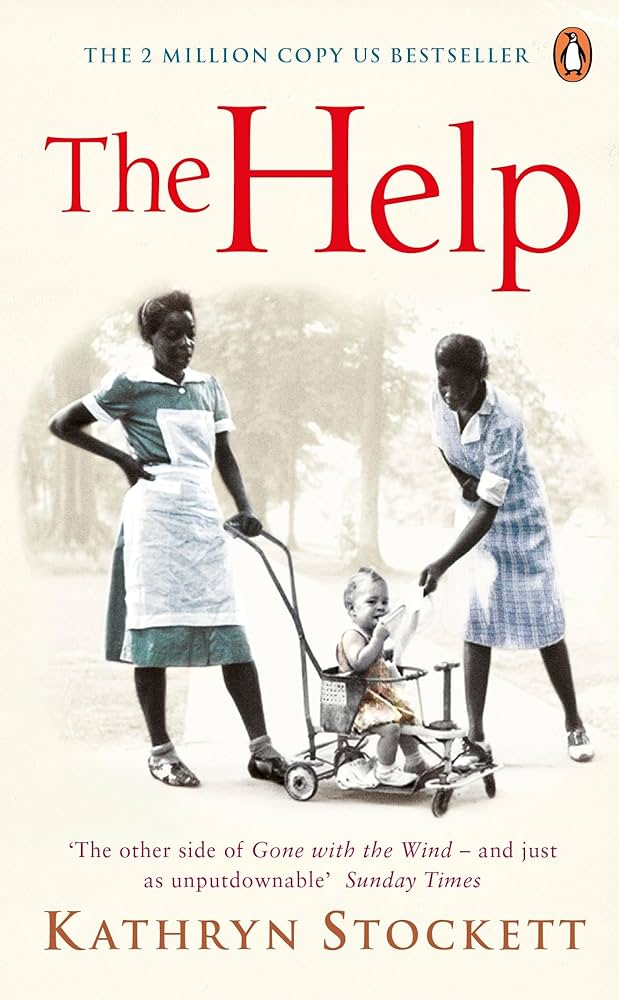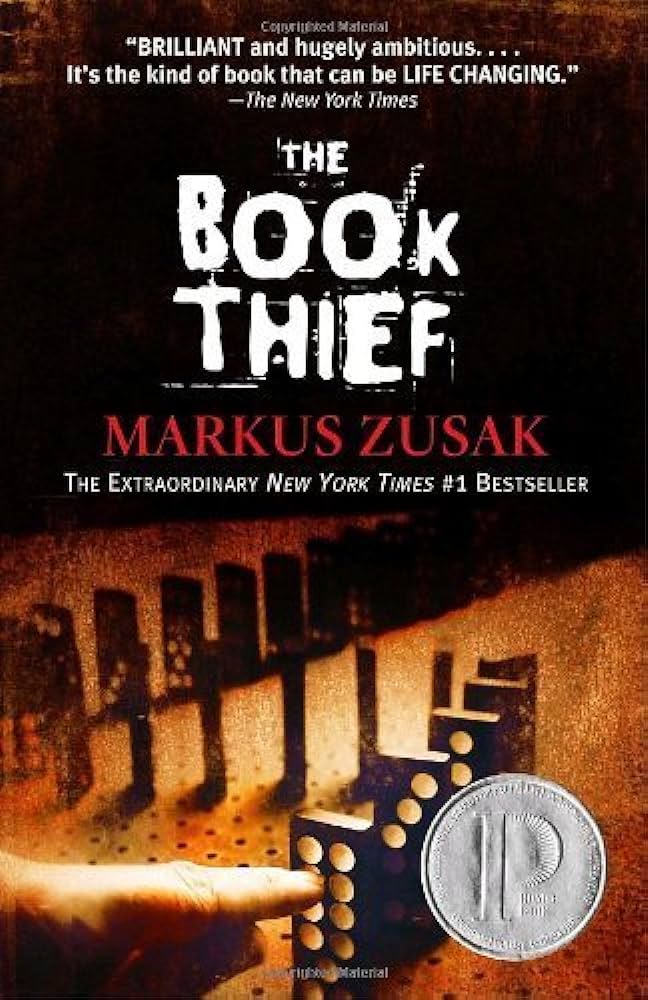
Introduction:
Stepping into the world of “All the Light We Cannot See” by Anthony Doerr is like entering a mesmerizing tapestry of light and darkness, love and loss, set against the backdrop of World War II. As I delved into the pages of this captivating novel, I found myself spellbound by its exquisite prose, vivid imagery, and unforgettable characters.
Character Analysis:
At the heart of “All the Light We Cannot See” lies the intertwining stories of Marie-Laure LeBlanc, a blind French girl, and Werner Pfennig, a German orphan with a talent for radio engineering. Through Doerr’s masterful storytelling, Marie-Laure and Werner come to life as characters whose lives intersect amidst the chaos and devastation of war. From Marie-Laure’s resilience and courage in the face of adversity to Werner’s moral struggles and quest for redemption, the novel explores the complexities of human nature and the universal quest for meaning and connection in a world torn apart by conflict.
Exploration of Themes:
One of the novel’s greatest strengths lies in its exploration of themes such as the power of human resilience, the nature of morality, and the transcendent beauty of art and science. Doerr deftly navigates these complex issues with sensitivity and depth, inviting readers to reflect on the moral complexities of war and the ways in which individuals can find hope and redemption amidst the darkness. Through Marie-Laure’s love of literature and Werner’s passion for science, the novel celebrates the transformative power of knowledge and creativity to illuminate the darkest corners of the human experience and to forge connections that transcend barriers of language, culture, and ideology.
Narrative Style:
Doerr’s narrative style is both lyrical and evocative, drawing readers into the lives of Marie-Laure and Werner with vivid descriptions and poignant reflections. Through a series of interwoven narratives and shifting perspectives, he skillfully unfolds the layers of their stories, capturing the beauty and brutality of wartime Europe with haunting clarity. With its blend of historical detail, emotional depth, and lyrical prose, “All the Light We Cannot See” is a novel that resonates long after the final page is turned, leaving readers with a profound appreciation for the enduring power of love, courage, and the human spirit in the face of adversity.
Conclusion:
In conclusion, “All the Light We Cannot See” is a literary masterpiece that illuminates the shadows of war with grace, compassion, and humanity. With its richly drawn characters, immersive setting, and evocative prose, Anthony Doerr’s novel stands as a testament to the resilience of the human spirit and the transformative power of love, knowledge, and creativity to transcend the darkest of times. As I closed the final pages of “All the Light We Cannot See,” I found myself deeply moved by its poignant portrayal of the human capacity for courage and compassion, and reminded of the enduring legacy of those who dare to seek light in the midst of darkness.




